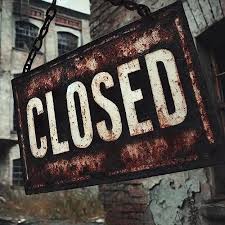
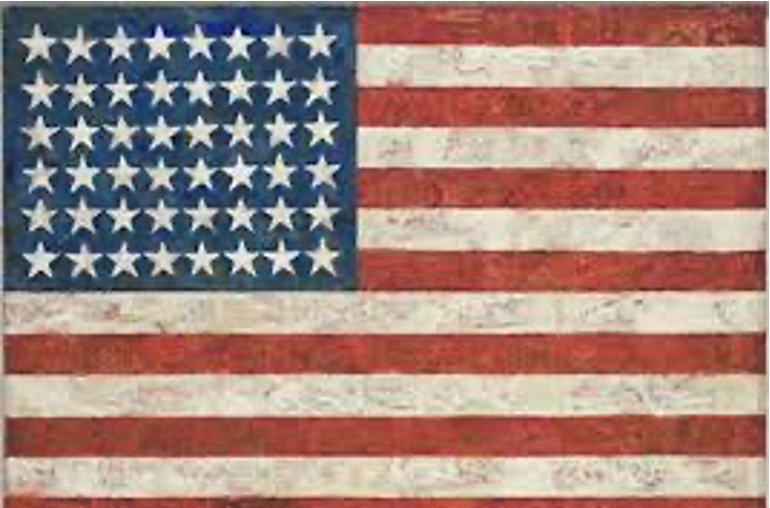

U.S. Manufacturing Jobs Lost (2000-2024)
Source: US Census Bureau
U.S. Manufacturing Businesses Closed (2000-2022)
Source: US Census Bureau
Trade Crime
America's Lawless Frontier
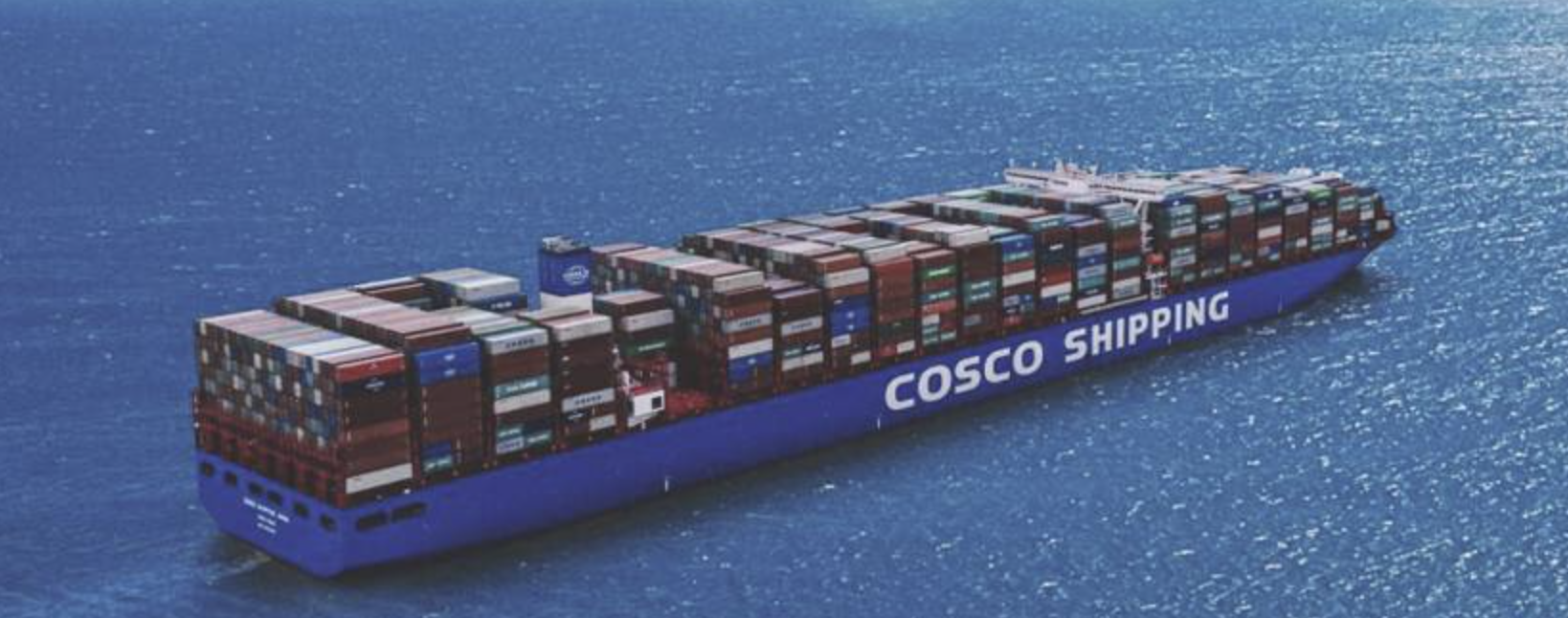
Trade laws only work when they are enforced.
The failure to enforce U.S. trade laws isn't partisan—it's systemic. Tariffs and rules exist, but many Peoples Republic of China ("PRC") companies and their proxies cheat.
PRC companies have built a structural advantage through decades of state subsidies, stolen IP, and forced labor on a unprecented scale. Since the U.S. imposed tariffs, they have routed goods through third countries to conceal the origin and have gamed paperwork—misstating what the goods are and what they're worth. All to undercut fair competition.
This ends only when violations bring swift, certain, and serious penalties. Today violators break U.S. trade law with impunity—at a staggering cost to American workers and businesses, fair competition, and national security.
Asserting control means making trade-fraud enforcement a national priority, equipping agencies with resources and authority, and insisting on accountability with measurable results. It means urging Congress to close loopholes and fund enforcement that protects American workers and businesses.
This site is a living guide: plain-English explainers, current data, and concrete recommendations for policymakers, agency professionals, business leaders, journalists, and concerned citizens.
What is Trade Crime?

Trade crime is the deliberate, systematic violation of U.S. trade laws to gain unlawful competitive advantage in cross-border trade—undermining fair competition, American workers, and national security.
This is economic warfare
Enforcement Tools
"The PRC's systematic abuse of U.S. trade laws and protective mechanisms through transshipment, forced labor, and other illicit trade practices represents a clear and urgent threat to American industry and workers… we urge your agencies to strengthen enforcement against the PRC's unlawful trade practices, including by criminally prosecuting trade criminals…"— Rep. John Moolenaar, Chairman and Rep. Raja Krishnamoorthi, Ranking Member, Select Committee on China in a March 5, 2025 letter to Attorney General Pam Bondi, Secretary of Homeland Security Kristi Noem, and U.S. Trade Representative Jamieson Greer
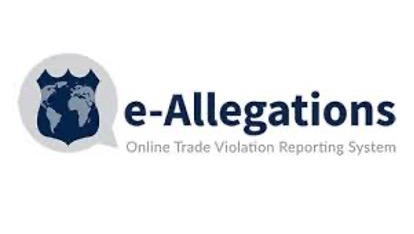
eAllegation
CBP
Filings (2022-July 2025)
❌ Poor Response Rate
Filers report no feedback and no perceivable outcome

False Claims Act
DOJ Civil
Duration between infraction date and settlement date
⚠️ Limited Effectiveness
Total of 15 cases settled over last two years with a median settlement value of $3M per case.

Criminal Division's Corporate Whistleblower Awards Pilot Program
DOJ Criminal, Trade Fraud Task Force
Launched May 2025
✅ High Potential
70+ cases in pipeline developed by previous Trade Fraud Task Force
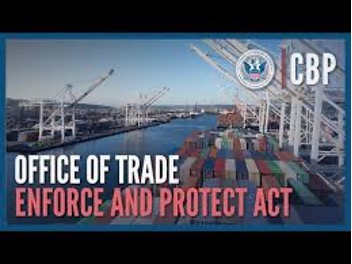
Enforce and Protect Act Allegation (EAPA)
CBP, ITC, DOC
Open Cases (2025)
❌ Ineffective
Shell companies operate with impunity, evading penalties
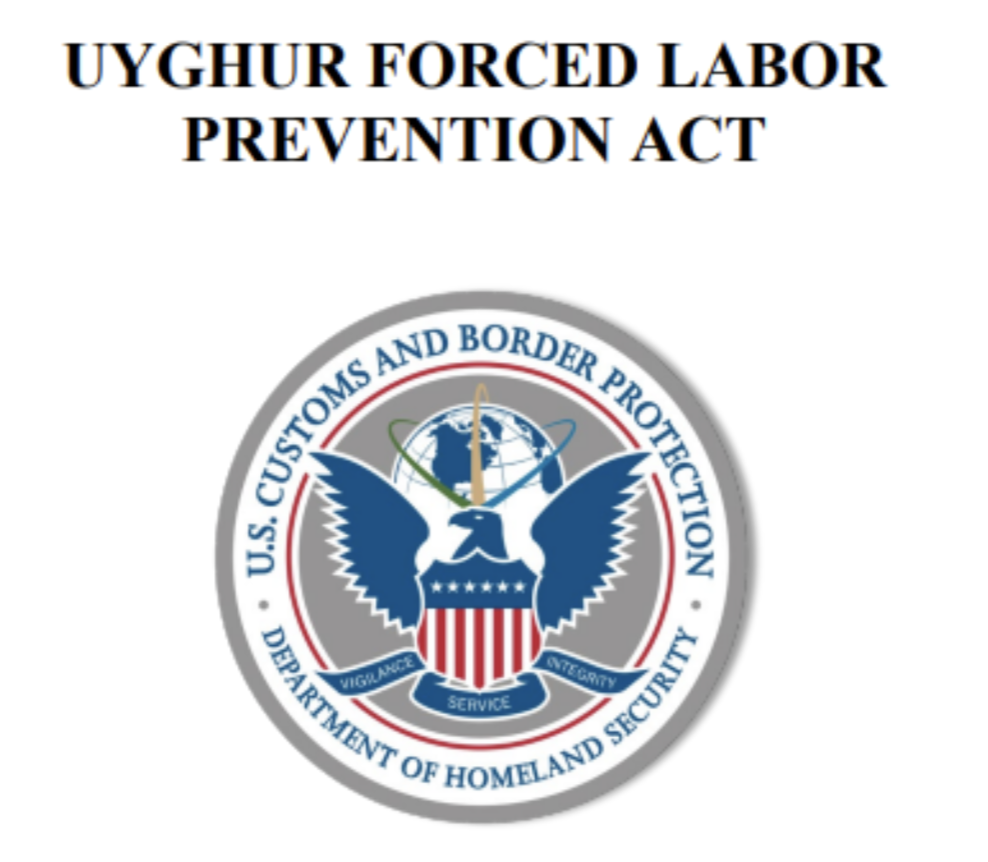
Uyghur Forced Labor Prevention Act (UFLPA)
CBP, FLETF (DHS)
Xinjiang Focus
⚠️ Mixed Results
Proxy routing continues
Where do we go from here?


"Commerce has neither country nor principle but gain."
— Thomas Jefferson
Jefferson's warning echoes across centuries: when we put commerce ahead of country, we pay the price. Today, America is living those costs.
We rightly call out China and its proxies for fraud—but we must also face our own complicity. From procurement teams to C-suites, shortcuts have been normalized and the visible harm ignored.
As Madison argued in Federalist No. 10, when narrow interests profit while the public bears the cost—costs measured in lost American jobs, eroded industrial sovereignty, and weakened economic resilience—you control its effects through law and institutions. In trade, that means visible, even-handed, consequential enforcement. We wrote the rules; the Republic requires that we enforce them.
The stakes could not be higher—for our workers, our communities, our industries, and our way of life.






